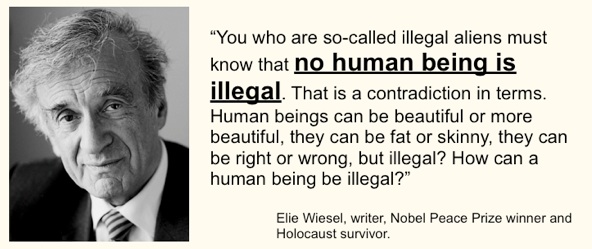Pronominal reference to the arbitrary dog
Following Bean's guest post about being scorned by an 8-year-old child for not using singular they when it was appropriate, Language Log now presents the first evidence (to my knowledge) of a newspaper abandoning the usual use of it to refer to animals, and instead using singular they for an unknown arbitrary animal. This is from an article in the Metro (a free UK daily) on what to do if you find someone's dog close to death because it has been locked in a car on a hot day; I boldface the pronouns of interest:
Get the dog out of the car and move them to a shaded, or cooler area. Then, douse the dog with cool water and let them drink small amounts of it. Make sure the water is cool but not cold, to avoid shock.
If the dog is not displaying signs of heatstroke, let them rest while you establish how long they were in the car, and make a note of the vehicle's registration.
Read the rest of this entry »
Permalink Comments off
